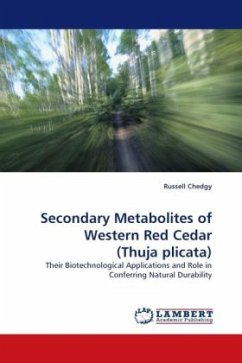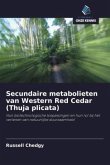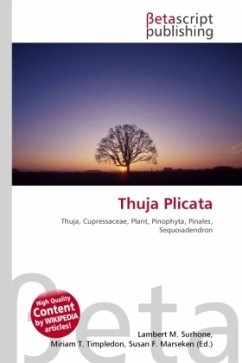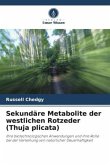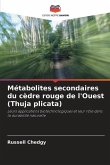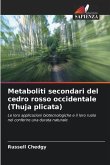Western red cedar (Thuja plicata) is a naturally durable softwood tree native to Canada and the USA. It synthesizes an array of unique secondary metabolites, many of which are of high commercial value given their strong anti-microbial, anti-viral, insecticidal, and cytotoxic activities. They can be classed as phytochemicals , produced by the tree as a chemical deterrent in response to herbivores, pathogens and abiotic stresses such as wounding. Their biotechnological applications range from natural pesticides for the agricultural industry to pharmaceuticals which include cancer therapies, skin UV protection, as well as a potential treatment for HIV/AIDS. From a forestry product perspective, these chemicals confer natural durability and cedar wood products are utilized for exterior residential applications. This publication reviews their current biotechnological applications as well as their role in conferring natural durability.
Bitte wählen Sie Ihr Anliegen aus.
Rechnungen
Retourenschein anfordern
Bestellstatus
Storno

